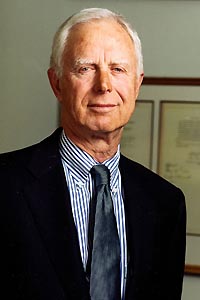Debt is traded very differently from most corporate equity. The secondary
market for bonds gets along without the big listed exchanges that provide a
central narrative in the world of corporate stock. Indeed, for a long time
trades were negotiated and agreed upon through telephone calls. In the 1990s,
it occurred to various pioneers that “we could use the internet for this” and
they tried to create an exchange-like model, an anonymous central limit order
book (CLOB). A company called Trading Edge created BondLink for this purpose.
Perhaps a related development: in
1998, the chairman of the Securities and Exchange Commission at the time,
Arthur Levitt, said in a speech at the Media Studies Center in New York,
“Investors have a right to know the prices at which bonds are being bought and
sold. Transparency will help investors make better decisions, and it will
increase confidence in the fairness of the markets.”
Well, more transparency is always
greater than less if the difference is costless. But if the difference is costless,
and there are people who want the greater transparency, then the problem solves
itself. The problem is that such differences always do have costs. At any rate,
there was no great market demand for BondLink, and Trading Edge itself
disappeared in 2002.
By that time, though a second wave
of entrepreneurs had decided on a more incremental approach to changing the
bond markets. They created the electronic request-for-quote model (RfQ), which
lowered execution cost and increased efficiency vis-à-vis the old Graham-Bell
based system, but kept allowed the bond world to keep its decentralized feel.
The RfQ was a click-to-trade billboard system, and sufficiently successful to
allow for steadily growing volume over the next ten years.

Comments
Post a Comment